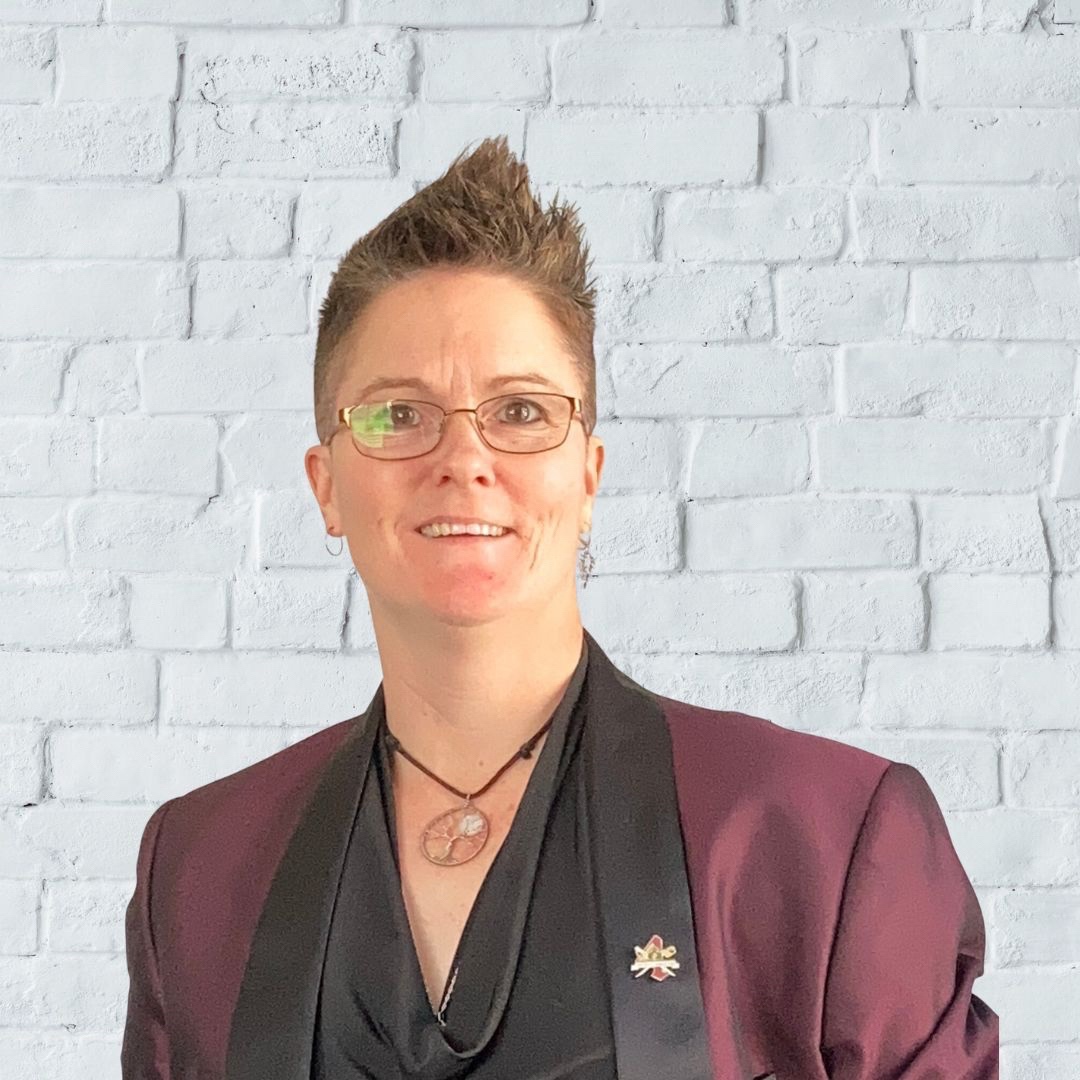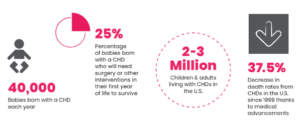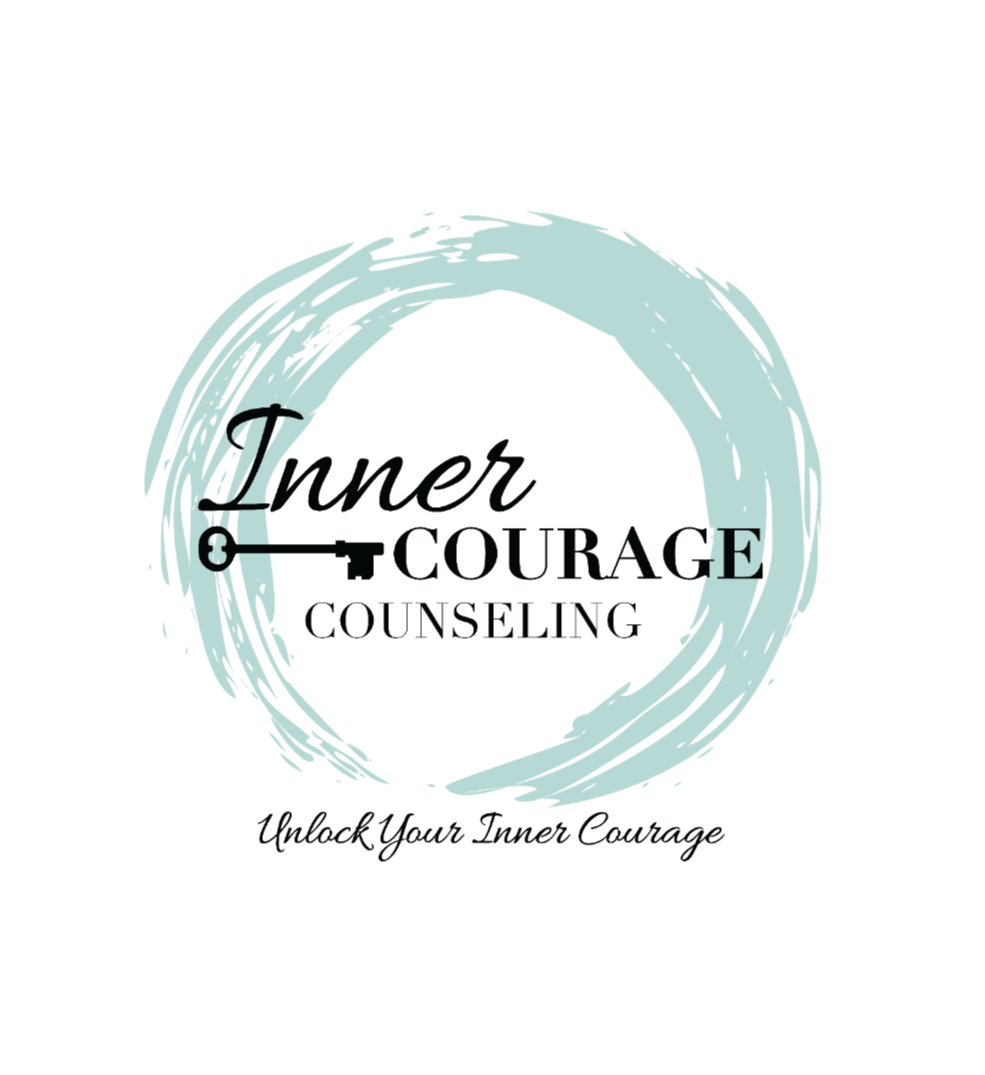Heart Month

By: Kelly Beyer, LPC
Everyone knows February for Valentine’s Day, the day customarily used to show love and appreciation to the loved ones in our lives. A lesser-known fact about February but probably a more important fact is it is American Heart Month. American Heart month was established in 1963 by President Lyndon Johnson, first celebrated in 1964. American Heart month includes wearing red in support of and the encouragement of getting a cardiovascular heart check with your doctor. However, this blog is zeroing in on February 14th, Congenital Heart Defect Awareness Day, more specifically, the mental health needs of people living with Congenital Heart Defect (CHD) and the parents of children with CHD. The American Heart Association has made a statement – “an analysis of the most current research – is “an urgent call to action” to integrate medical and psychological care for people born with heart defects. Children with complex heart abnormalities are five times more likely to be diagnosed with an anxiety disorder during their lifetime.” (People born with, 2023). Blog (2022) added to the American Heart Association’s statement by reiterating a positive relationship of emotional, behavioral, and even social difficulties resulting in a higher rate of mental health diagnoses, including that of anxiety with children with CHD compared to children without CHD. Research has also shown about 50% of adults with CHD struggling with a mood or anxiety disorder throughout their lifetime compared to 30% of adults without CHD. Due to all of the research that shows connections between medical and mental health it is detrimental for children and adults living with CHD to also be connected with mental health professionals as part of their overall medical team, as this defect is a lifetime battle.
Just as important are the family members of people with CHD, specifically parents. Parents of children with CHD are flooded with emotions from the first time of diagnosis of their child. Some receive the diagnosis prenatally, through an ultrasound, other parents learn at birth or as a child ages. Whether the diagnosis is learned pre- or post-natal, the diagnosis is difficult to learn and accept, the emotional roller coaster never seems to end. Biber et al., (2019) researched 30 studies and concluded that 25% to 50% of parents showed heightened symptoms of depression and/or anxiety and 30% to 80% of parents were presenting with severe psychological distress. There are social workers ready and willing to talk with parents and in some hospitals like Lurie Children’s Hospital, they check in with parents to set appointments for counseling to be done at the hospital. A parent’s medical and mental health is extremely important to help promote the health of their child. The Center for Disease Control and Prevention (CDC) website writes about the importance of mental health being an equal component to your overall medical health. The CDC also writes how depression alone can increase a person’s risk of health problems such as diabetes, heart disease, or even a stroke and vice versa, chronic and/or severe medical conditions can greatly increase the chances for mental illnesses.
Finding the right counselor can take some time, but once you find a connection, coping and processing through the struggles and unknowns can become less daunting or maybe even a little less “impossible.”
During this February Heart Month make a pact with yourself and your loved ones, get a Heart-Health Screening done and if you or someone you love has CHD, find someone to talk to, work through the hard psychological stuff that comes with a CHD diagnosis.

References
American Heart Association News. (2023, January 24). People born with heart defects need lifetime mental health care, report says. www.heart.org. https://www.heart.org/en/news/2022/07/14/people-born-with-heart-defects-need-lifetime-mental-health-care-report-says
Biber, S., Andonian, C., Beckmann, J., Ewert, P., Freilinger, S., Nagdyman, N., Kaemmerer, H., Oberhoffer, R., Pieper, L., & Neidenbach, R. C. (2019, September 2). Current research status on the psychological situation of parents of children with congenital heart disease. Cardiovascular Diagnosis and Therapy. https://cdt.amegroups.org/article/view/28781/26214#:~:text=showed%20in%20their%20systematic%20review,severe%20psychological%20distress%20(12).
Blog, S. (2022, July 28). Mental health care vital to congenital heart disease care. Research Horizons. https://scienceblog.cincinnatichildrens.org/mental-health-care-vital-to-congenital-heart-disease-care/
Centers for Disease Control and Prevention. (2023, April 25). About mental health. Centers for Disease Control and Prevention. https://www.cdc.gov/mentalhealth/learn/index.htm#:~:text=Why%20is%20mental%20health%20important,%2C%20heart%20disease%2C%20and%20stroke.
Congenital heart defect facts. The Children’s Heart Foundation. (n.d.). https://www.childrensheartfoundation.org/about-chds/chd-facts-information.html

